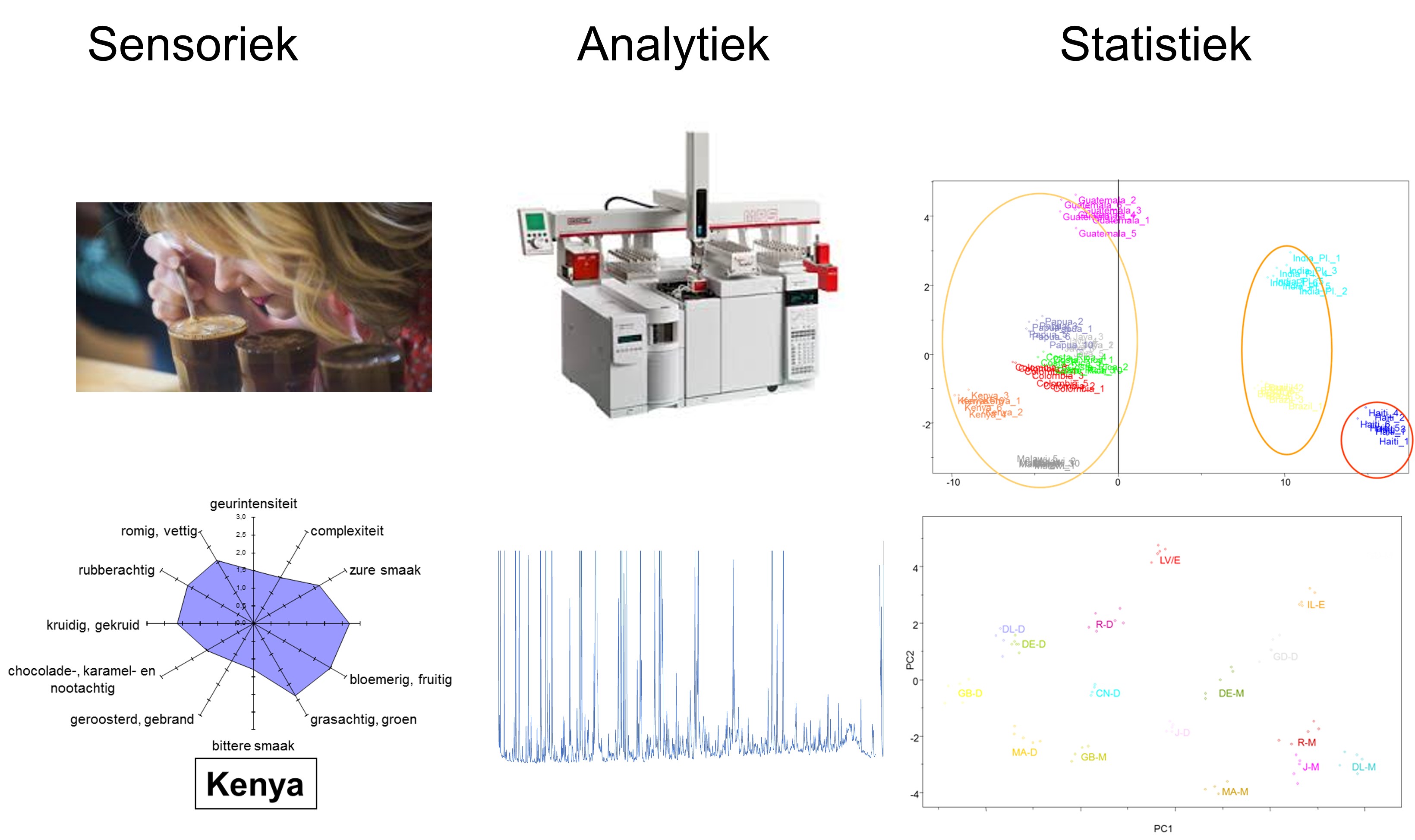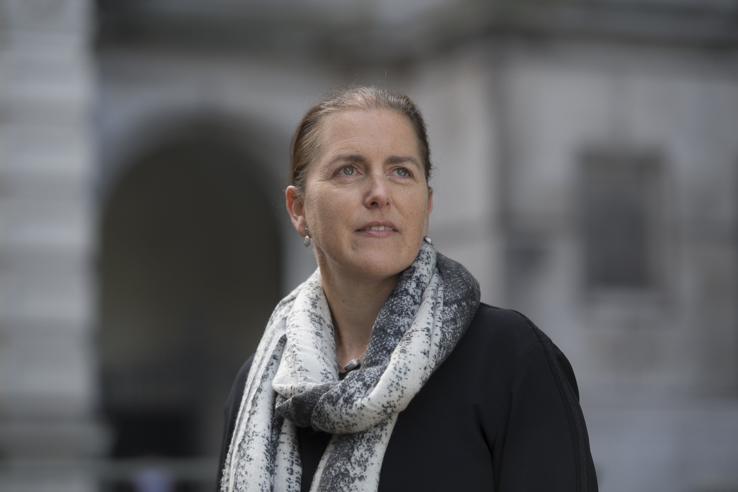


“In my opinion, the number one challenge for the future in the world of sensory science is the evolution of AI and its impact on new products developed by ingredient and food companies and on traditional consumer testing”, says Inge Dirinck of SENSTECH.
“Sensory research is indispensable for both ingredient suppliers and food companies.” SENSTECH, the Flemish Advice Centre for Sensory Quality of Food Products and Food Contact Materials, gives an insight into the chemical background of the aroma of food products and the odour of contact materials. Product and process innovations in food and packaging companies are stimulated and implemented thanks to bilateral, confidential projects and research projects.
How important is sensory research to the ingredient suppliers?
Inge Dirinck: “Within the field of sensory research we have, on the one hand, analytical sensory tests, carried out by selected and trained experts and, on the other hand, consumer testing or hedonic tests, carried out by a large group of consumers. For ingredient suppliers both types of sensory tests are important, just as for food companies by the way.”
Are you seeing a shift from sensory research by food companies to ingredient suppliers?
“I don’t see an actual shift. Sensory research is indispensable for both ingredient suppliers and food companies.” Since forever, the sensory quality (mostly taste) of a food product is the most important motivation for consumers to purchase a food product. Taste is especially important for repeat purchases. An initial purchase can be an impulse buy and is often influenced by commercials or packaging. Both ingredient suppliers and food companies place great focus on sensory testing for product development and optimisation and for quality control.”

What other developments do you see in sensory research?
“Last summer, artificial intelligence (AI) and virtual reality (VR) featured prominently at the most recent Pangborn conference in Nantes, a global conference on sensory research. Until recently no tools were available to measure - let alone predict - the consumers’ taste apart from consumer testing, such as preference and acceptance tests. Nowadays sensory scientists are convinced that useful data and AI will increasingly be used to map out consumers’ tastes. The first food products developed with the aid of AI are already on the market. I don’t know how successful these products are within a specific target market.
The first comparative studies on the subject are yet to be published. Still, the general conviction is that AI will considerably accelerate product development in the future. Virtual reality (VR) is primarily used to support the traditional hedonic tests and measure the impact of an environment on consumer preference or acceptance, for instance by using eye tracking while tasting beer in a virtual pub or shopping in a virtual store.”
At what moments should ingredient suppliers and their customers conduct sensory research during product development and once the product has gone to market?
“Sensory testing is useful for co-creation or the development of new products. You should also keep in mind that existing products are often optimised following a sensory benchmarking between own products and competing products. The taste of successful target products is often used as a reference, for instance in the development of private label products. Naturally consumer testing is often performed before products are launched within a target market or target group to allow for last-minute adjustments in terms of ingredients, formulation, production process or packaging. Analytical sensory tests such as difference tests are often used in sensory shelf life testing (SSLT), in which the impact of the packaging often turns out to be absolutely crucial.

When food companies switch to more sustainable, possibly recycled or reusable packaging materials, European legislation stipulates they must clearly show there is no impact on the sensory quality of the packaged product. These sensory tests are not always carried out, with disastrous consequences such as expensive recall actions, reputational damage and damage claims.”
What are the main challenges in sensory research?
“For SENSTECH it is especially important to be able to correlate sensory data from taste tests (from both expert and consumer panels) as well as instrumental data. The expertise of SENSTECH is based on the so-called SAS strategy (Sensory-Analytical-Statistical). The linking of sensory data from experts with sensory data from consumers through preference mapping can also be useful to understand why consumers prefer some products to others. In my opinion, the number one challenge for the future in the world of sensory science is the evolution of AI and its impact on new products developed by ingredient and food companies and on traditional consumer testing.”

“It is always advisable to maintain a critical perspective on your own products and adjust them to contemporary needs where necessary”, emphasises Marijke Adriaens, CEO of frozen food company Fribona. “For consumers, taste is still the main consideration. It is essential to work towards a product that is, above all, tasty and visually appealing.”...

Scientists from KU Leuven have discovered how oil penetrates snacks during and after the frying process. Recent research findings point to advanced frying techniques that reduce oil absorption, as well as innovative methods to limit oil uptake during the cooling phase. This paves the way for the development of healthier snacks without compromising...

Food companies are increasingly targeting a wider range of consumer groups. Speaking at an event organised by Fenavian, Julian Mellentin of New Nutrition Business said this strategy offers significant opportunities to respond to the diverse health needs and interests of today’s consumers. “Consumers enjoy both animal and plant-based proteins”, he...

Backed by financial partners, Start it @KBC is launching the accelerator programme Scale it Agro, aimed at scale-ups offering sustainable and innovative agricultural solutions for agriculture and horticulture businesses. Kjell Clarysse, programme director at Scale it Agro, goes into more detail.